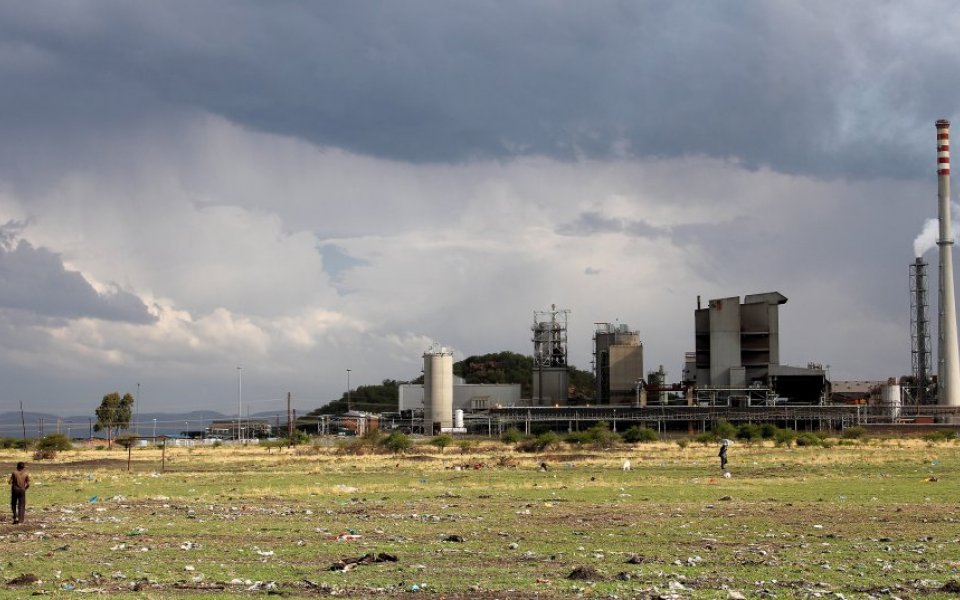Lonmin is the most shorted company in Europe as its shares fall 99 per cent in the face of ongoing commodities rout

It is not a prize many companies want to win: Lonmin is the most ‘shorted’ businesses in Europe in 2015 according to Markit data.
The embattled miner has seen its share price drop 99 per cent this year, as it struggles with a mounting debt pile, and falling platinum prices, and in April, 9.6 per cent of its shares were out on loan.
It has recently been forced into a $407m (£270m) rights issue, at a 94 per cent discount, through which it is hoping to refinance its heavy debt burden.
Lonmin is also a member of the FTSE’s 90 per cent club, a group of FTSE-listed businesses that have lost more than 90 per cent of their value over the last five years. It is made up exclusively of mining companies at the moment.
Short selling is effectively betting a stock will fall. An investor borrows shares in order to sell them at a pre-arranged price later, thereby making a profit when the price falls.
Earlier this week City A.M. reported that hedge funds were beefing up their positions in miner Anglo American. Short-selling interest in Anglo American ticked up from 6.4 to 6.5 percentage of shares on loan after Anglo announced it would scrap its dividend for the second half of 2015 and 2016, and embark upon more cost cuts.
Afren, the UK-listed oil and gas exploration business, joins Lonmin as one of the biggest target for short sellers, and went on to lose more than 90 per cent of its value.
The catalyst for Afren’s price collapse was the falling price of oil and energy products a popular theme for short sellers over the year.
This trend meant offshore drilling company Seadrill, Norweigan oil and gas operator Dno Asa and UK-listed Tullow Oil and Premier Oil were in the top performing list. Five out of 20 were energy-sector companies.
Reflecting the high exposure to mining and energy stocks, the UK market accounted for a quarter of the most successful short-selling activity in Europe.
Across Europe in general though, the short sellers have been fairly subdued, which Markit attributes to the European Central Bank’s ongoing quantitive easing programme.
The Asian markets were a more fertile ground for short-sellers, especially in Australia, which accounted for half of the top 20 short positions, led by law firm Slater and Gordon.
Slater and Gordon's shares have fallen 85 per cent since coming to the attention of short sellers in April.
On average shorted stocks in Asia fell by nine per cent, and dropped by six per cent in Europe.
However, despite these successes, it has been a tough year for hedge funds. Market intelligence provider Prequin reported this week that hedge funds are on track for the worst performing year since 2011. On average, hedge funds posted returns of 0.12 per cent in November.